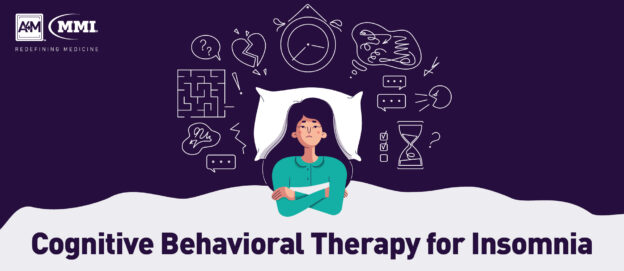The speed and scale of the COVID-19 pandemic response highlighted the fragmentation of current healthcare systems across the globe and how it significantly impairs the ability to respond effectively. Making matters worse, the impact of the pandemic on population health and the functionality of healthcare systems has been and will continue to be far-reaching and long-lasting.
As the world attempts to rebuild from the pandemic, many individuals are left with serious and lingering health issues that require immediate and consistent attention. Healthcare practitioners are now facing a rising prevalence of chronic disease, growing cases of long COVID infection, as well as pandemic-influenced mental, physical, and emotional crises.
Addressing the devastating psychological and physical aftereffects of the pandemic will require deviation from the current standard of medicine. An integrated approach to patient care heavily grounded in functional medicine is emerging as the solution to healing global public health and repairing the siloed structures of the healthcare industry.



